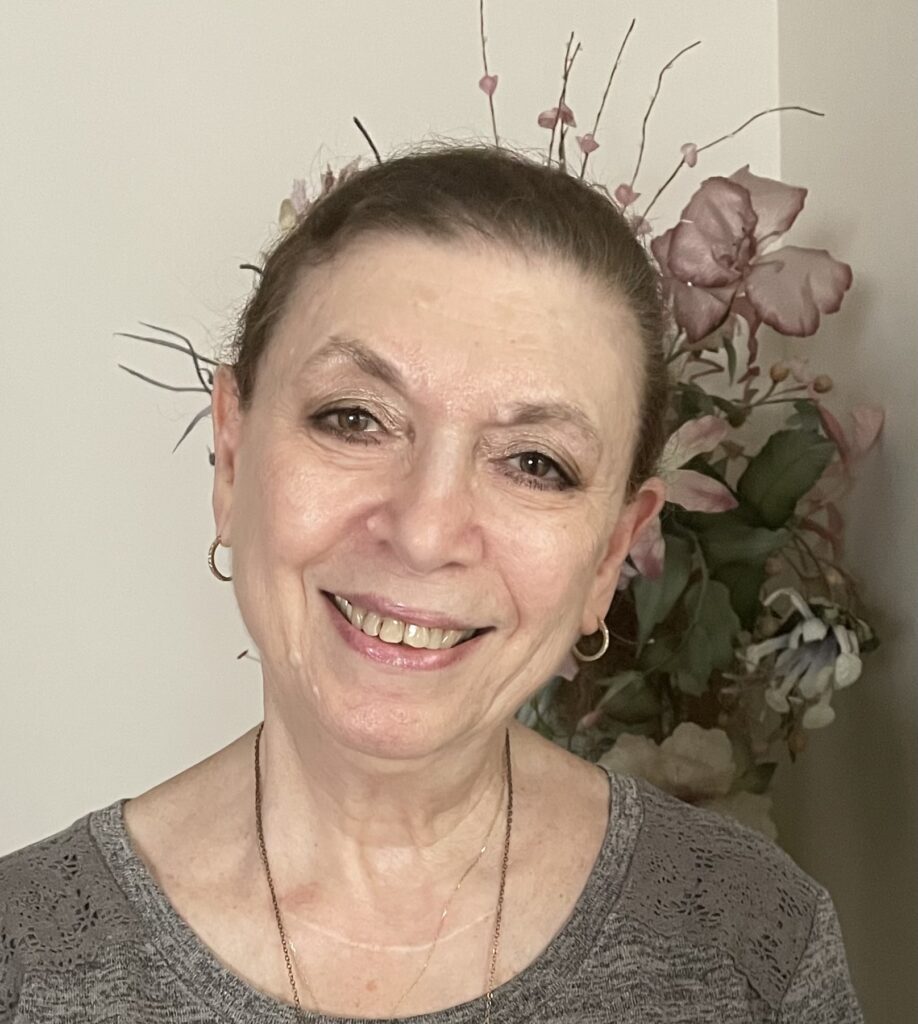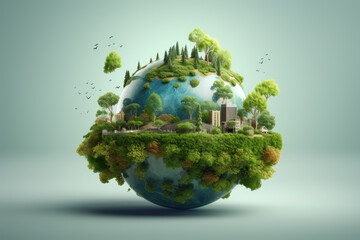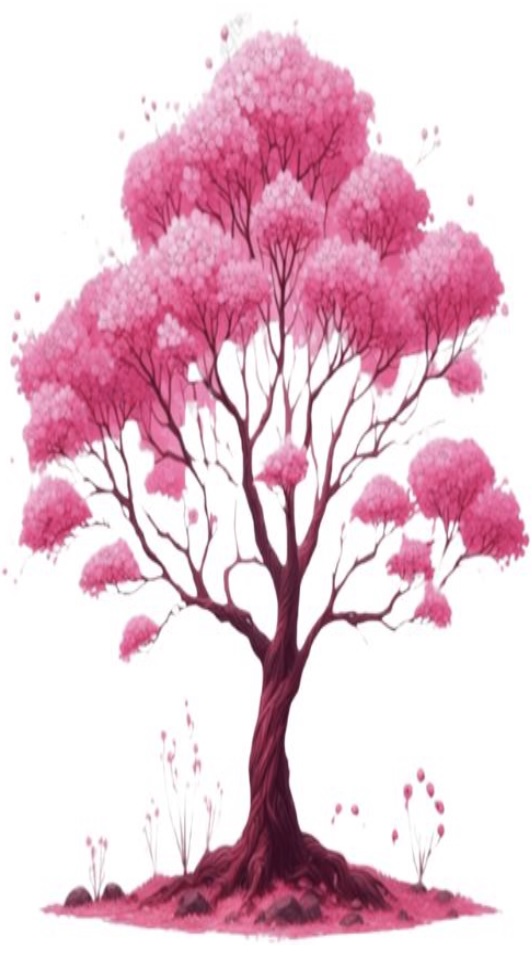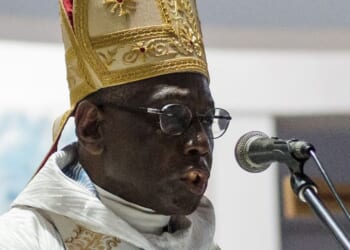
By Sandy Berenbaum, WLCJ Membership Retention Chair
Planting Seeds Within Us on Earth Week Shabbat
I’d like to begin with one of my favorite poems, Trees by Joyce Kilmer. This poem has resonated with me ever since I was a student at Abraham Lincoln Junior High School, P.S. 171. I vividly remember my music teacher having our class learn the poem as a song. The beauty and simplicity of Kilmer’s words have stayed with me all these years.
I think that I shall never see
A poem lovely as a tree.
A tree whose hungry mouth is prest
Against the sweet earth’s flowing breast;
A tree that looks at God all day,
And lifts her leafy arms to pray.
A tree that may in summer wear
A nest of robins in her hair;
Upon whose bosom snow has lain,
Who intimately lives with rain.
Poems are made by fools like me,
But only God can make a tree.
I often think of this poem in the fall when the leaves turn from green into brilliant shades of red, orange, and gold. It reminds me of the grand cycle of the year and of God’s creation. Then, as the seasons shift again, spring arrives, bringing the emergence of newly born buds—a symbol of renewal and growth. Trees, in their quiet strength and beauty, reflect the rhythm of nature and our lives.
Kilmer’s poem is a hymn of praise to God’s creation, celebrating both the wonder of the natural world and its Maker.
This week, we celebrate Earth Day, a day that reminds us of the beauty and importance of nature. This is about more than just trees – it is about our connection to the land and our responsibility to protect it. Earth Day emphasizes the sacred duty we have to care for the planet.
Our tradition is clear: Judaism demands environmental responsibility. The mitzvah of bal tashchit— “do not waste or destroy”—teaches that we must be mindful of how we treat the world around us. The Torah tells us in Deuteronomy 20:19, “When you besiege a city… you must not destroy its trees by wielding an axe against them.” This commandment extends beyond wartime; it is a principle for everyday life. We are stewards of the earth, entrusted with its care for future generations.
Planting the Right Seeds
We celebrate Earth Day by planting trees, caring for them, and recognizing their role in sustaining life. But there are other seeds we must plant—seeds that do not grow in soil, but within us. These, too, need attention and patience:
- The seed of diligence – “If at first you don’t succeed, try, try again.” Just as trees take years to mature, our efforts to protect the environment require persistence and longterm commitment.
- The seed of knowledge – “A little light expels much darkness.” Learning about climate change and sustainability empowers us to make informed choices.
- The seed of mitzvah – “The whole act of a benevolent deed lies in the love that inspires it.” Acts of kindness—including reducing waste, conserving energy, and protecting natural habitats—help heal the world.
- The seed of understanding – “The heart sees better than the eye.” We must see beyond ourselves and recognize the impact of our actions on future generations.
- The seed of friendship – “A good friend is a tower of strength; to find one is to find a treasure.” Partnering with others in environmental activism strengthens our efforts.
- The seed of action – “Man’s good deeds are the seeds for planting trees in the Garden of Eden.” Our small actions—like recycling, planting trees, or reducing consumption—can make a big difference.
- The seed of learning – “First learn, then teach.” When we educate others about environmental responsibility, we create a ripple effect of positive change.
- Just as trees grow strong roots and reach toward the sky, we, too, are deeply rooted in our values and traditions while always striving to grow and make a difference.
Earth Shabbat: It’s a Commitment to Change
Earth Shabbat is not just about appreciating nature; it’s a call to action. The world is facing environmental challenges: deforestation, pollution, and climate change threaten the very earth we are commanded to protect. As Jews, we cannot stand idly by.
As Jews we have an environmental responsibility, the mitzvah of bal tashchit, (do not destroy, do not waste).
What can we do?
- Reduce waste by using reusable products and composting.
- Support organizations that plant trees and protect forests.
- Conserve water and energy in our homes.
- Advocate for policies that protect the environment.
- Teach our children the importance of caring for the planet.
 As we celebrate Earth Day, let us not only enjoy the fruits of the earth but commit ourselves to preserving them. Let us plant not only trees but also the seeds of responsibility, kindness, and action.
As we celebrate Earth Day, let us not only enjoy the fruits of the earth but commit ourselves to preserving them. Let us plant not only trees but also the seeds of responsibility, kindness, and action.
Food for Thought…
- Joyce Kilmer’s poem describes trees as reaching toward the heavens, as if in prayer. Have you ever experienced a moment in nature that felt deeply spiritual?
- Jewish tradition compares Torah to a tree — “Etz Chayim Hi”— “It is a tree of life.” How has your connection to Torah or Jewish learning helped you grow over the years?
- The Talmud teaches: “Just as my ancestors planted for me, I plant for my children.” (Taanit 23a) How do we ensure that we are planting seeds—both literal and figurative—for the next generation?
- What responsibilities do we have, as Jews, to protect the environment?
- What’s one action you can take this week—whether reducing waste, planting a tree, or advocating for environmental policies—to make a difference?
Shabbat Shalom,
Sandy Berenbaum
WLCJ Membership Retention Chair
sberenbaum@wlcj.org









